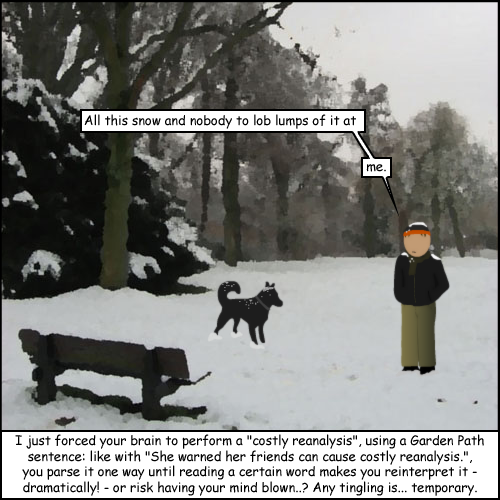We can't be second to none
An interesting misnegation was broadcast today on NPR's Weekend Edition Sunday, in a segment under the title "Exactly How Do We Go Forth and Innovate". Liane Hansen quoted president Obama's SOTU passage about innovation and leadership in science and technology, including the phrase "Well, I do not accept second place for the United States of America".
Audio clip: Adobe Flash Player (version 9 or above) is required to play this audio clip. Download the latest version here. You also need to have JavaScript enabled in your browser.
And she asked Rob Atkinson of the Information Technology and Innovation Foundation, "The president referred to innovation several times in his speech. What did you think? Was there anything new there?"
His response began:
Audio clip: Adobe Flash Player (version 9 or above) is required to play this audio clip. Download the latest version here. You also need to have JavaScript enabled in your browser.
There wasn't a- a lot new there, I think I- I- what I was most impressed with was when he said "we can't be second to none".
Read the rest of this entry »
 According to Dave Itzkoff, "
According to Dave Itzkoff, "
